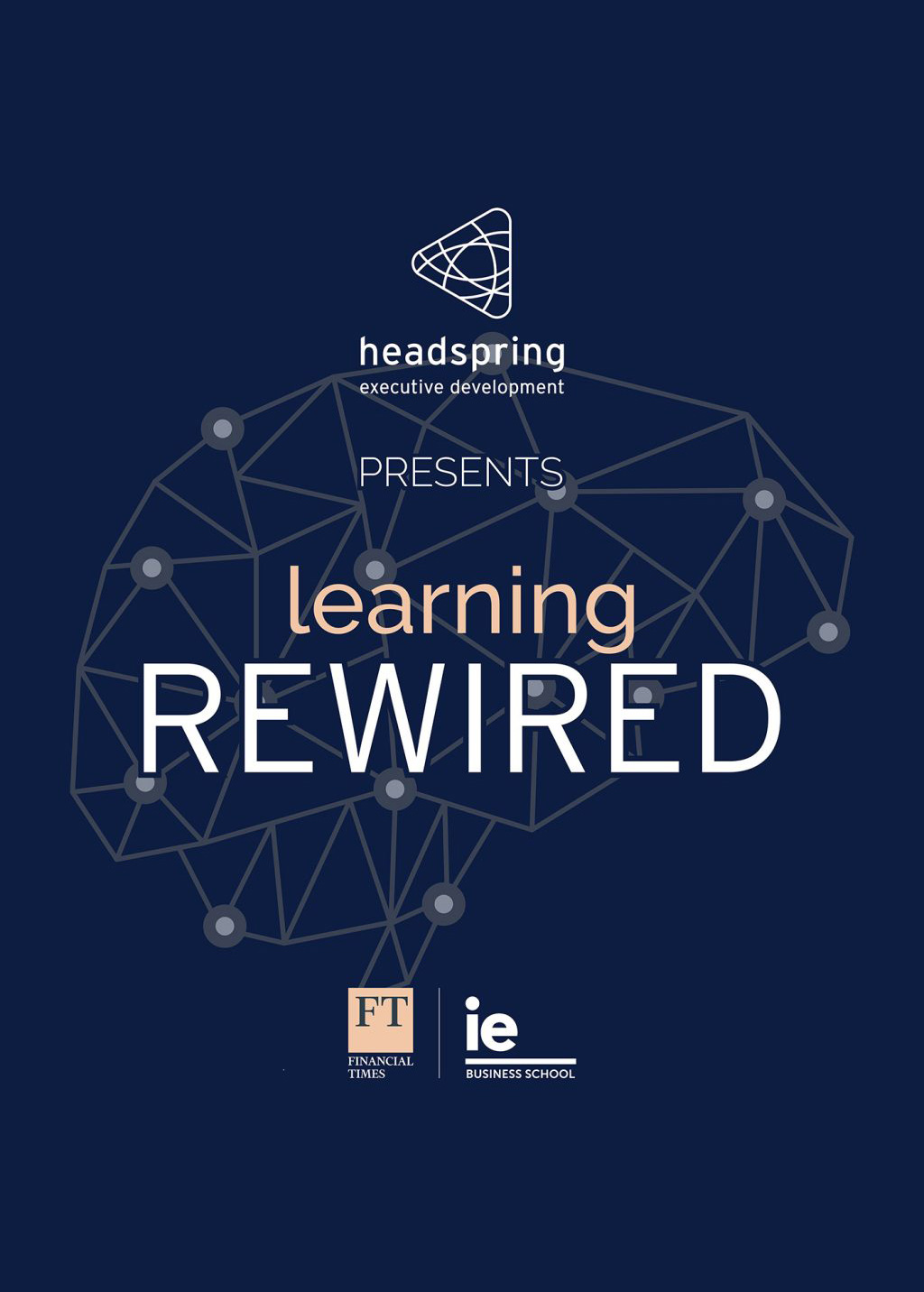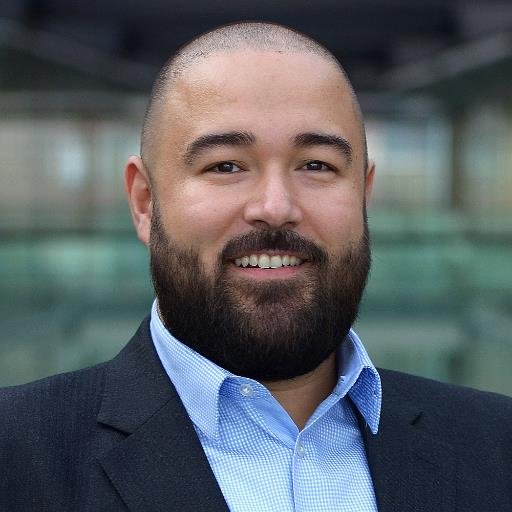It has never been more critical for organisations to be authentic about inclusiveness. Yet, many leaders still lack the self-awareness, language or emotional skills needed to engage effectively and empathetically with LGBTQ+ members of their business.
In this episode, we discuss the pressures and pitfalls facing organisations today as they move more consciously and assertively towards greater LGBTQ+ inclusion.
Steps to Embed video here (erase afterward):
1. Go to the captivate website.
2. On the left Menu, go to Content Management > Episodes
3. On the intended individual Episode, press the “share” icon (right-hand side).
4. Find the Embed code and copy it.
5. Use the “Text” editor of this WordPress edtiro (top/right) and paste.

